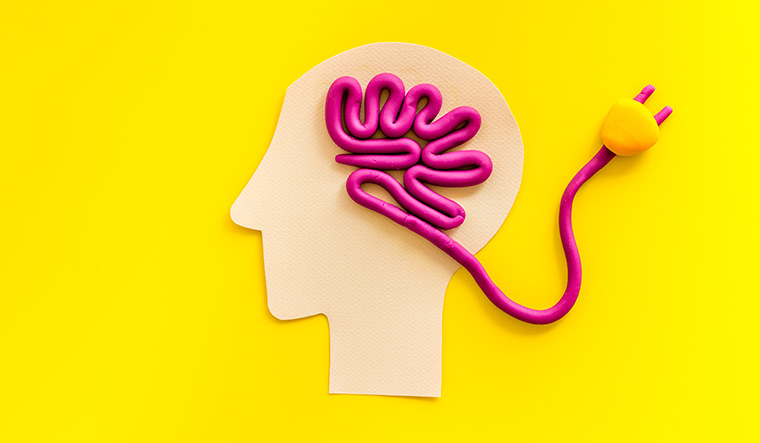Scientists have grown 800,000 brain cells in a lab that they say have learned to play the 1970s tennis-like video game, Pong.
The research, published recently in the journal Neuron, has for the first time shown that brain cells living in a dish can perform goal-directed tasks.
The team, including researchers from Monash University, RMIT University, University College London and the Canadian Institute for Advanced Research are now going to find out what happens when their DishBrain is affected by medicines and alcohol.
To conduct the experiment, the researchers took mouse cells from embryonic brains as well as some human brain cells derived from stem cells and grew them on top of microelectrode arrays that could both stimulate them and read their activity.
Electrodes on the left or right of one array were fired to tell Dishbrain which side the ball was on, while distance from the paddle was indicated by the frequency of signals.
Feedback from the electrodes taught DishBrain how to return the ball, by making the cells act as if they themselves were the paddle, the researchers said.
"We have shown we can interact with living biological neurons in such a way that compels them to modify their activity, leading to something that resembles intelligence," said study lead author Brett Kagan, Chief Scientific Officer of Melbourne-based biotech start-up Cortical Labs.




